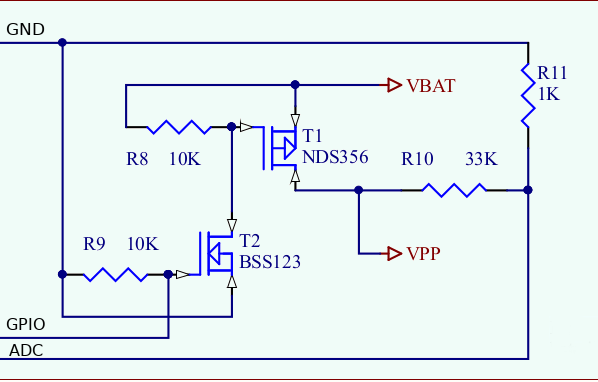
I want to ask you, if u can recommend me some P MOSFET tranzistor with low rds(on) and with parameters to switch on from MCU gpio pin, which uses 3,3V logic. Battery is operating with 4,2-3,5 Volts.
I want mosfet which will cover all those conditions.
If u have any recommendations, how to improve the scheme or even change it completely so current drain is minimal (or none), let me know please.
Thanks!



